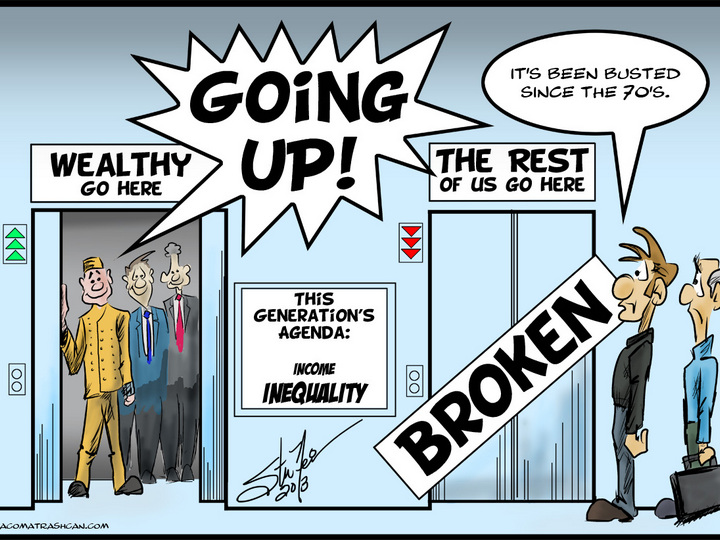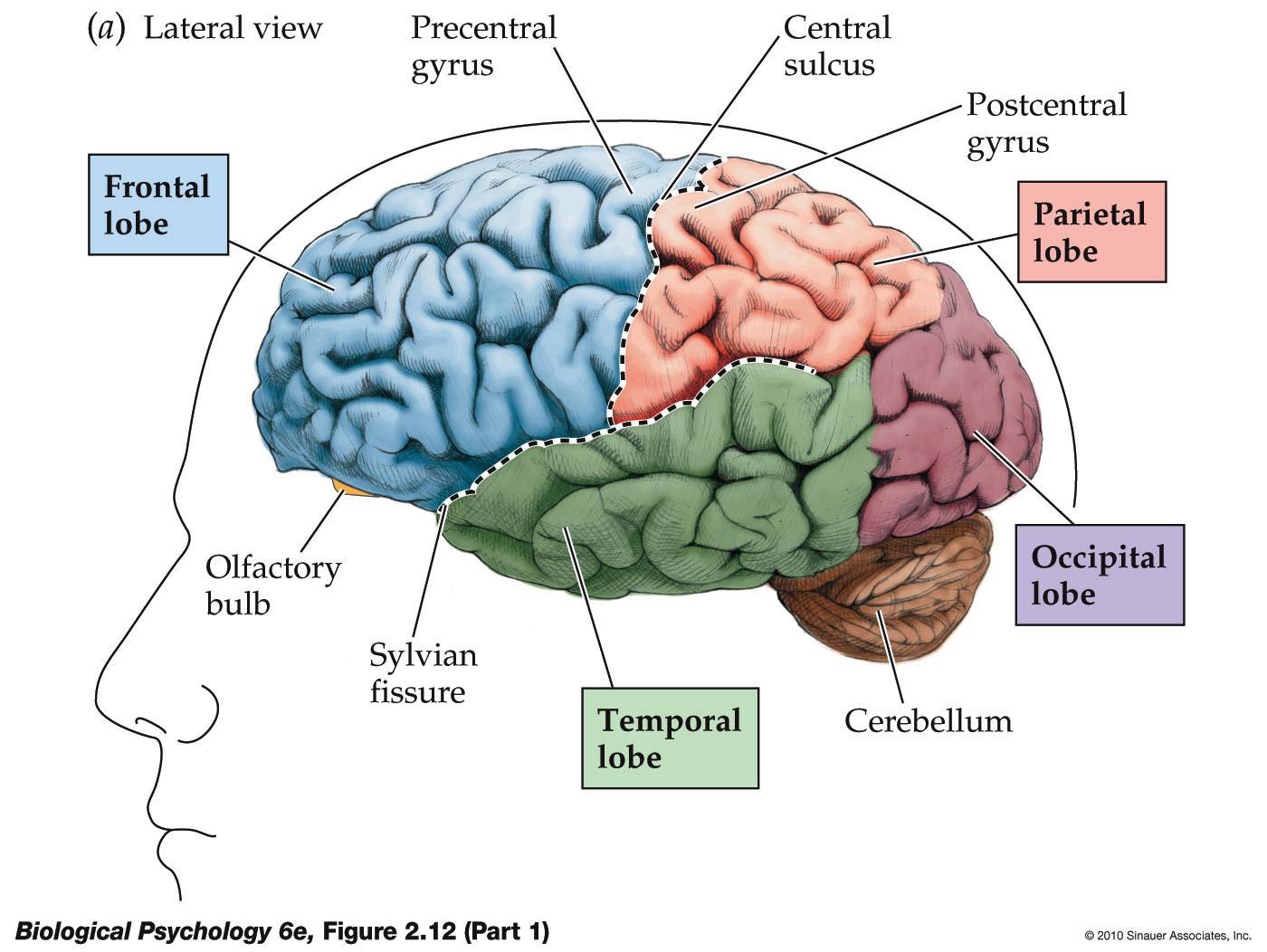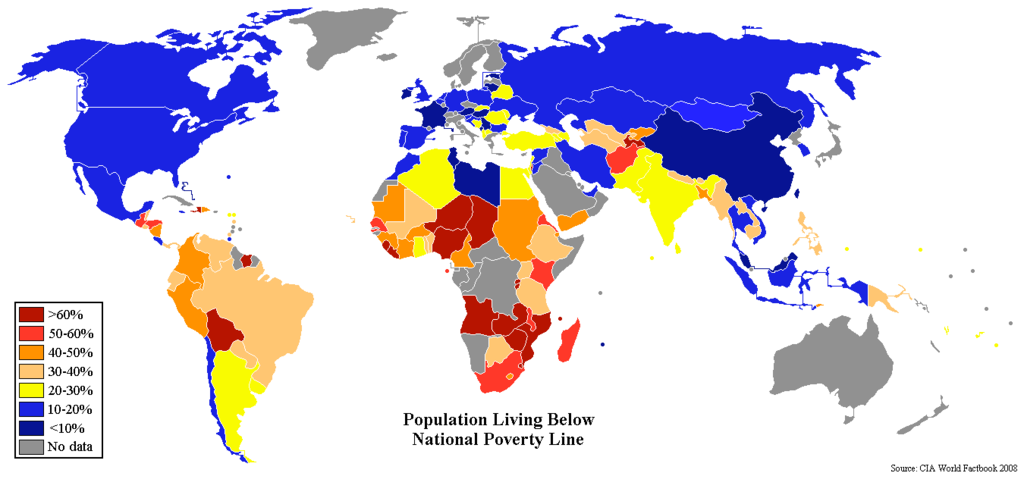The Psychology of Inequality
Payne is now a professor at the University of North Carolina, Chapel Hill. He has come to believe that what’s really damaging about being poor, at least in a country like the United States-where, as he notes, even most people living below the poverty line possess TVs, microwaves, and cellContinue Reading




